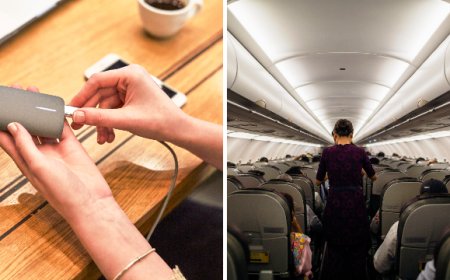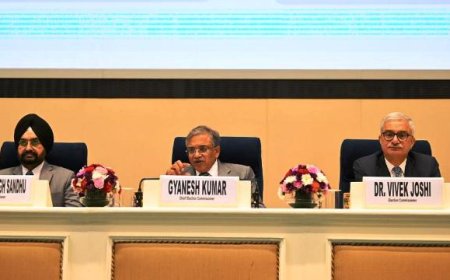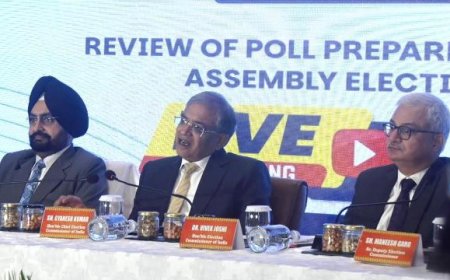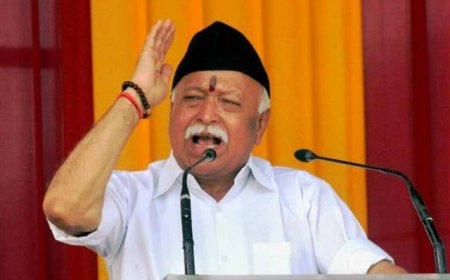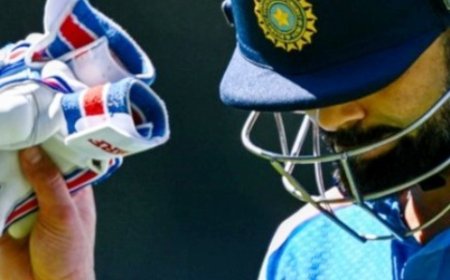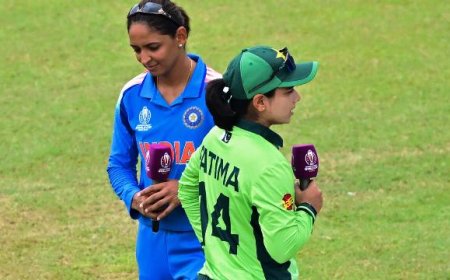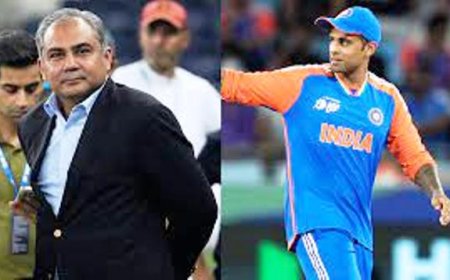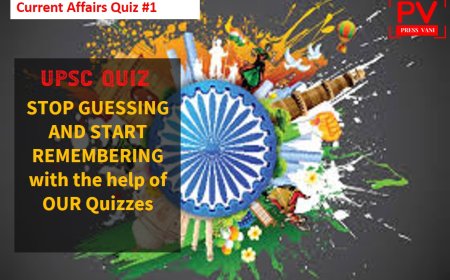Supreme Court Issues Directions To Ease KYC Norms
The Supreme Court on Wednesday ruled that digital access was a fundamental right while issuing directions to ease banking and e-governance services for acid attack survivors and those suffering from visual impairment.

The Supreme Court on Wednesday ruled that digital access was a fundamental right while issuing directions to ease banking and e-governance services for acid attack survivors with visual challenges and those suffering from visual impairment.
A bench of justices JB Pardiwala and R Mahadevan pronounced a verdict on two PILs in connection with such cases. In its landmark judgment, the court said the government must ensure that digital processes such as KYC are universally accessible to all, including persons who may have suffered facial disfigurements or persons with disabilities.
This is guaranteed under Articles 21 (right to life and liberty), 14 (right to equality) and 15 (protection against discrimination) of the Constitution of India, the court said. While pronouncing the order, the court also issued several directions to ensure that those with visual impairment or other such challenges are able to complete the KYC process.
“We have held that there is a need for change in KYC processes for the disabled. We have given 20 directions. The petitioners who suffer from acid attacks and blindness have been unable to complete the KYC process due to facial disfigurements," the court remarked.
“Constitutional provisions confer a statutory right on the petitioners to be accommodated in the KYC process. It is imperative that digital KYC guidelines are revised with the accessibility code. In the contemporary era, where economic opportunities etc. through digital (access), Article 21 needs to be re-interpreted in light of such technology and the digital divide increases," it added.
One of the petitioners concerned Pragya Prasun, an acid attack survivor with severe eye-disfigurement and facial damage. She approached ICICI Bank in July 2023 to open a bank account. However, she was deemed to be incapable of completing the Digital KYC/e-KYC process due to the bank’s insistence on completing the requirement of capturing a “live photograph" by blinking her eyes.
The mandatory requirement of proving a customer’s ‘liveness’ under the RBI-regulated KYC process can only be fulfilled upon a customer blinking his/her eyes before the camera, as per the petition. The bank later made an exception for the petitioner only due to an uproar over the issue on social media.
The petitioner said that a direction should be issued to all public and private establishments conducting the Digital KYC/e-KYC process to effectively implement the guidelines that may be issued.
Pragya Prasun's petition was clubbed with similar petitions by people struggling to clear KYC verification due to visual problems. Nearly two years after Pragya Prasun's harrowing experience at the bank, the Supreme Court today delivered the landmark judgment.
What's Your Reaction?








